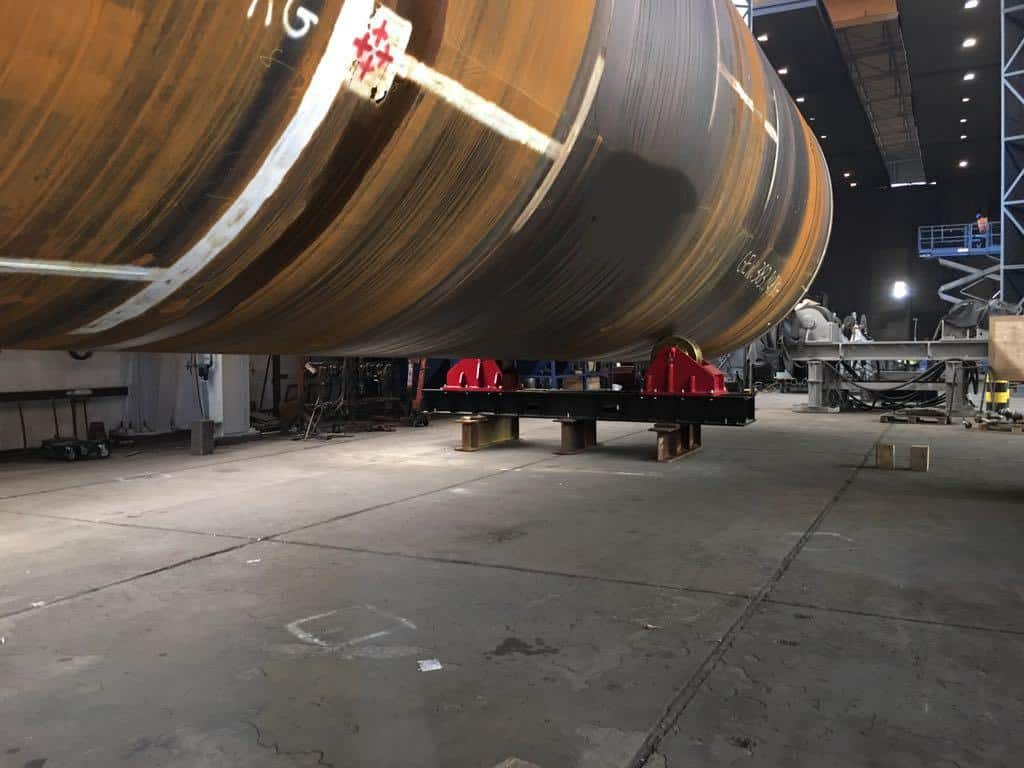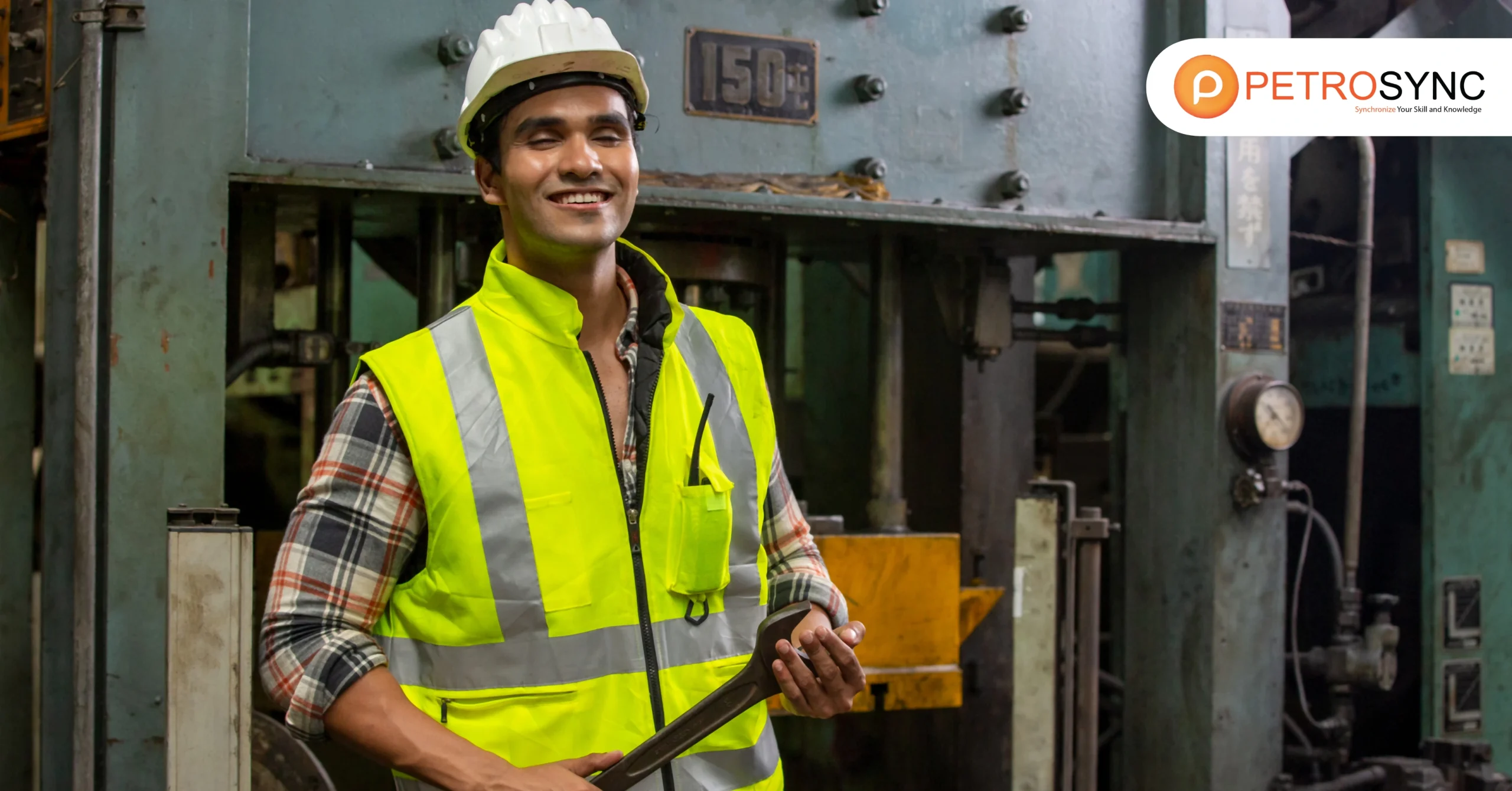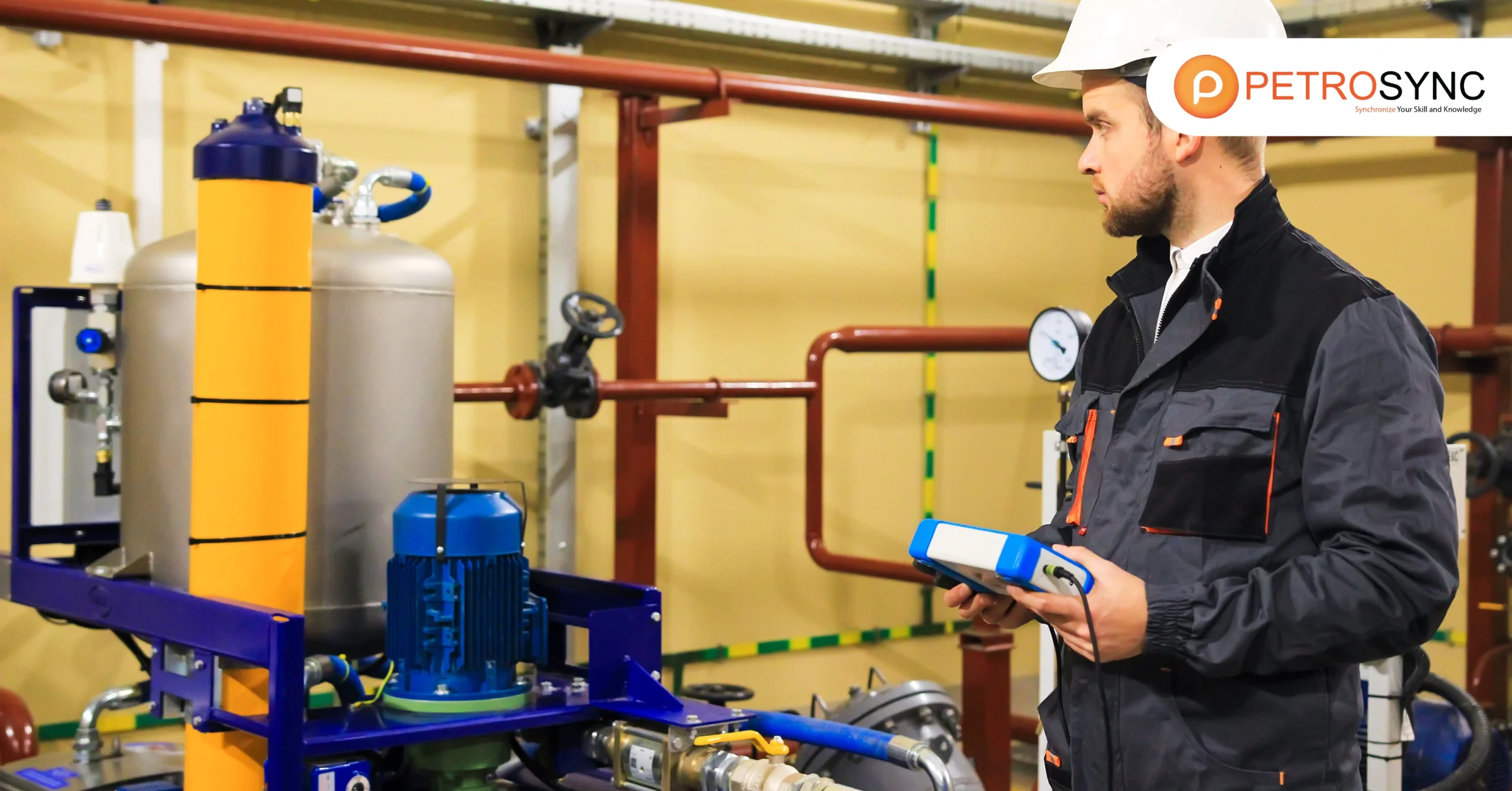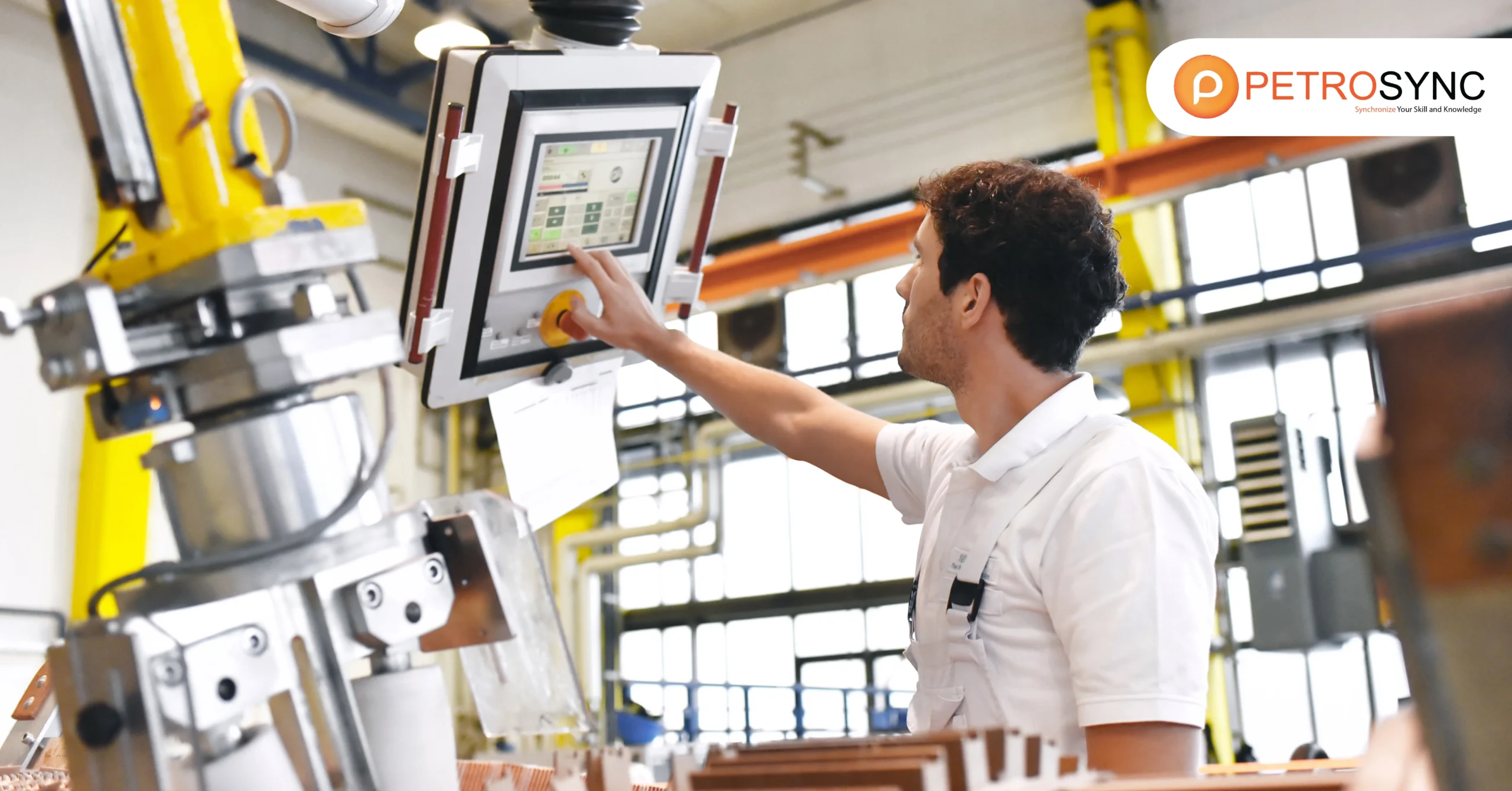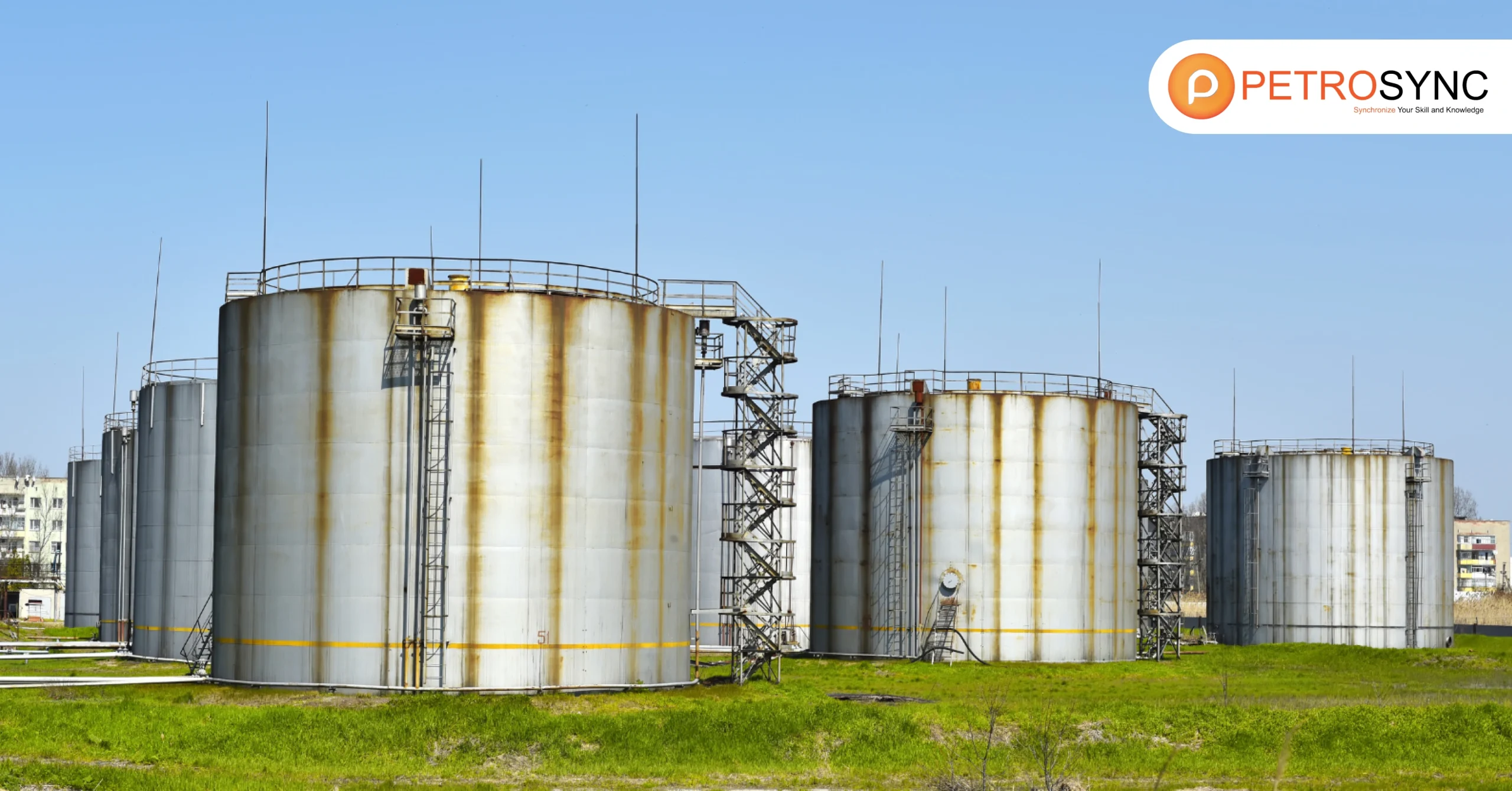Embarking on the journey to obtain API 510 certification, crucial for those working with pressure vessel inspection, demands a thorough grasp of the certification process. This article aims to delve into API 510 FAQ. Providing expert advice and practical tips, the goal is to help you to know more about the API 510 certification process effectively.
What Is API 510?
API 510 meaning or the American Petroleum Institute’s 510 certification, is a recognition for individuals who are experts in checking if pressure vessels are in good condition. This certification is based on a code written by the American Petroleum Institute, the API 510 Pressure Vessel Inspection, which not only covers the standards the vessel should meet but also logs any repairs that may be needed.
These vessels are used in the oil and gas industry. So, API 510 is like a stamp of approval, showing that someone knows a lot about keeping these vessels working well. If you work with pressure vessels, getting API 510 certified is a way to prove you know your stuff.
What Are Some API 510 FAQ?
Exploring API 510 FAQ can provide valuable insights into the certification process and its requirements. We compile some of the most frequently asked questions of API 510:
1. What Is The Purpose of API 510?
The purpose of API 510 is to recognize individuals with expertise in inspecting pressure vessels and to identify those who possess broad knowledge in the maintenance, inspection, repair, and alteration of pressure vessels.
These vessels are vital in the oil and gas industry. API 510 certification signifies that someone possesses the knowledge and skills to ensure these vessels are in good working condition. It serves as a stamp of approval for those working with pressure vessels, demonstrating their proficiency in maintaining and ensuring the safety of these important components.
2. How Many Questions Are On The API 510?
The API 510 exam lasts for 7.5 hours, including a brief tutorial, 2.75 hours for closed-book questions, a 45-minute lunch break, and 3.75 hours for open-book questions. The exam consists of 170 questions, but only 140 are counted for the score. The other 30 are pretest questions.
3. What Is The Difference Between API 510 and API 570?
API 510 and API 570 are both certifications, but they focus on different things. API 510 suits those specializing in pressure vessel inspection, while API 570 focuses on piping inspection. So, while API 510 deals with pressure vessels, API 570 is about piping systems. Each certification shows that a person is knowledgeable in their specific area—either pressure vessels or piping systems.
4. How Often Is API 510 Vessel Inspection?
For the pressure vessel engineer certification, API 510 vessel inspection is required every three years. This means individuals holding the API 510 certification need to go through the inspection process for pressure vessels every three years to ensure they stay updated and continue to meet the standards.
Meanwhile, the inspection of a pressure vessel, regulated by API 510, is necessary at several key points. First, it is required before the vessel is put into service. Additionally, inspections are mandated at the time of any significant repair or alteration. Furthermore, external inspections must occur every 5 years, while internal inspections are necessary at intervals of 10 years. These regular checks help ensure the ongoing safety and reliability of pressure vessels by API 510 standards.
5. What Does ANSI Accreditation Mean For The API 510, 570, and 653 Certifications?
ANSI accreditation for API 510, 570, and API 653 certification means that these certifications meet certain recognized standards set by the American National Standards Institute (ANSI). It indicates that the processes and procedures involved in granting these certifications have been thoroughly assessed and deemed to comply with ANSI requirements.
In simpler terms, it’s a stamp of approval that assures the quality and reliability of these certifications, adding credibility and trust to the professionals who hold them.
6. Is API 510 Difficult?
The difficulty of API 510 can vary for individuals. It is considered a challenging certification as it requires a good understanding of pressure vessel inspection, codes, and standards. Success depends on the level of preparation, practical experience, and familiarity with industry guidelines. Those who invest time in studying, gaining hands-on experience, and staying updated on industry changes increase their chances of successfully obtaining API 510 certification.
7. What Is The Passing Rate for API 510?
The passing rate for the API 510 exam is 62.0%, according to the latest data from API. This means that globally, about 62 out of 100 people who take the exam succeed. Taking training courses, such as those offered by PetroSync, can significantly enhance your chances of passing the exam successfully.
8. How Long To Study for API 510?
The duration to study for the API 510 exam varies from person to person. Generally, individuals spend several weeks to a few months preparing. The key is to allocate enough time to thoroughly cover the required materials, understand the codes and standards, and engage in practice questions. A consistent and focused study approach over an extended period tends to yield better results in mastering the content and increasing the likelihood of success in the API 510 exam.
9. What is API 510 certification?
API 510 is a certification provided by the American Petroleum Institute (API) for individuals involved in the inspection of pressure vessels. It signifies a high level of expertise in ensuring the mechanical integrity of these vessels.
10. Who should pursue API 510 certification?
Engineers and inspectors involved in the design, fabrication, maintenance, repair, and inspection of pressure vessels in the oil and gas industry should pursue API 510 certification.
11. What are the key topics covered in the API 510 exam?
The exam covers various topics including pressure vessel codes and standards, inspection planning, materials and fabrication, corrosion mechanisms, and welding processes.
12. How can I prepare for the API 510 exam?
Utilize API 510 recommended practice documents, attend training courses, and engage in practical hands-on experience. Familiarize yourself with relevant codes and standards.
13. What is the significance of API codes and standards in the exam?
API codes and standards provide the basis for pressure vessel inspection. Understanding and applying these documents is crucial for success in the API 510 exam.
14. How often should I renew my API 510 certification?
API 510 certification needs to be renewed every three years. Stay updated with industry changes, advancements, and participate in continuous learning to meet renewal requirements.
15. What are common challenges during the inspection process?
Challenges may include assessing corrosion, understanding welding procedures, and interpreting inspection results. Attention to detail and continuous learning are essential.
16. Is hands-on experience important for API 510 certification?
Yes, practical experience is crucial. Work in roles involving pressure vessel inspection, testing, and maintenance to gain hands-on experience, which complements theoretical knowledge.
17. How can I stay updated with industry changes?
Attend conferences, workshops, and webinars. Subscribe to industry publications and be an active member of professional organizations to stay informed about the latest developments.
18. Any final advice for aspiring API 510 certified professionals?
Emphasize a strong foundation in pressure vessel fundamentals. Stay curious, continuously update your knowledge, and network with experienced professionals for insights and guidance.
In conclusion, understanding the ins and outs of API 510 FAQ and its certification process are crucial for professionals in the field of pressure vessel inspection. The combination of expert insights and practical tips offered in this article aims to guide individuals toward successful preparation and examination.
Continuous learning, hands-on experience, and staying updated with industry changes are key elements for achieving and maintaining API 510 certification. By following these recommendations and knowing the API 510 FAQ, individuals can enhance their knowledge, ensure the mechanical integrity of pressure vessels, and contribute to the safety and efficiency of the oil and gas industry.
For further enrichment of your knowledge and preparation for API 510 certification, consider exploring training opportunities provided by PetroSync. Our courses are designed to offer in-depth insights, covering essential aspects of pressure vessel inspection and relevant industry standards.
Investing in structured API 510 training by PetroSync can significantly enhance your understanding, boost your confidence, and increase your chances of success in the certification exam. Continuous education through specialized courses ensures that you stay abreast of the latest developments and best practices in pressure vessel inspection, making you a more proficient and valuable professional in the field.
Credit header image: Redrockautomation

SEO specialist by day, fact-checker by night. An avid reader and content writer dedicated to delivering accurate and engaging articles through research and credible sources.

